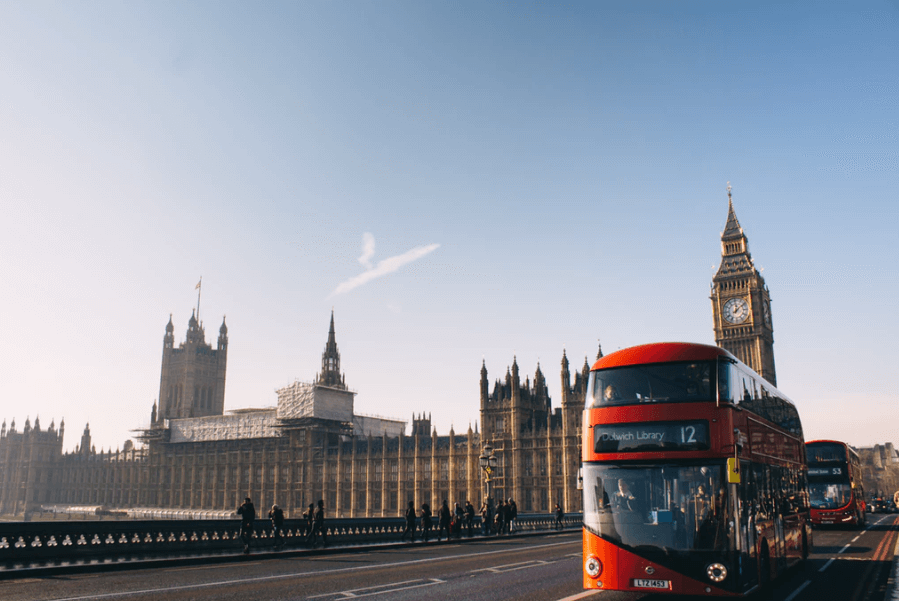

Katie Evans, Head of Research and Policy, Money and Mental Health
Counting the cost of government debt collections
27 July 2018
Yesterday the Treasury Select Committee – a cross-party group of MPs who scrutinise government policy around spending and financial services – published an important report on household finances across the UK.
Most importantly, this report recognises that some of the most problematic debt collection practices in the UK are no longer carried out by financial services firms but by parts of government. Local authorities, who quickly resort to aggressive tactics and bring in bailiffs when payments are missed, are highlighted as a particular problem.
A growing problem
In recent years, debts to creditors other than financial services firms – like energy providers, local authorities, tax payment – have made up a growing part of Britain’s debt mountain.
Critically, this isn’t a matter of people choosing not to pay, but often because people just don’t have the money. Research by the Resolution Foundation shows that the poorest 30% of households saw their incomes fall over the last 12 months, while ONS analysis found that the poorest 10% of households spent two and a half times their disposable income in 2016/17. Overspending on this scale suggests that people simply don’t have enough money to buy the essentials.
Unsurprisingly, falling behind on bills can have serious consequences for a person’s mental health – half of people in problem debt also have a mental health problem. Calls from creditors, court action, visits from bailiffs and even the threat of prison can cause further distress, making it even harder to recover from a mental health problem and resolve debt problems.
The cost of collections
While many private credit providers have tried hard in recent years to improve the support they offer to vulnerable customers in arrears, including following guidance from the Money Advice Trust, local authorities collection practices remain stuck in the last century. And when government collection practices cause harm and worsen someone’s health, ultimately the state picks up the bill elsewhere, through the NHS or benefits system.
As well as the enormous human cost, it simply isn’t cost-efficient or effective to hound people in problem debt.
We welcome the Committee’s call for central and local government practices to be brought into line with industry best practice. The Cabinet Office are currently leading work in this area, and we hope they will hear this call to action and take serious steps to improve current practice for people who fall into government debts.
Breathing space
The Committee also made clear that government debts should be included in Breathing Space – the scheme which will provide respite from escalating fees and charges, as well as collections activity, when a person seeks debt advice – a recommendation we would wholeheartedly support. Excluding these debts would severely limit the protection the scheme offered, potentially undermining it.
The Committee also called for the six-week period of Breathing Space to be extended. This is particularly important for people accessing the scheme during a mental health crisis – and we are delighted that the Minister responsible, John Glen, told the Committee in hearings that the Breathing Space period will be extended for this group.
However, with half of people in problem debt experiencing mental health problems, the cognitive and psychological symptoms of which can make progressing with a debt solution more difficult, it would make sense to ensure that this extension is available more widely to those who are doing their best to sort out their debts, but need to do so at their own pace.
The creation of Breathing Space is a once in a generation opportunity to drastically improve the lives of people in problem debt. We hope the government will respond to the recommendations of the Committee and maximise the value of this important scheme.